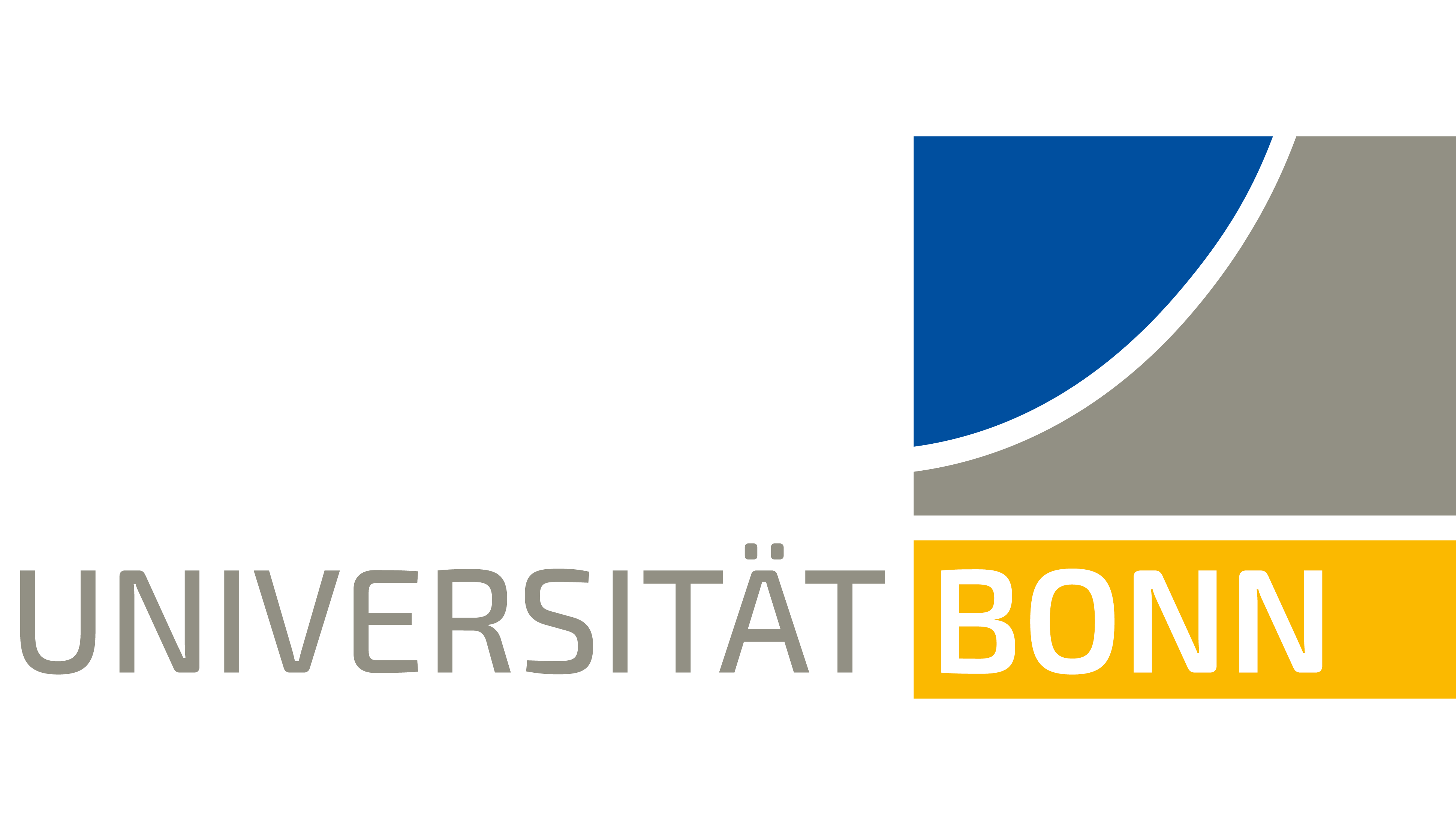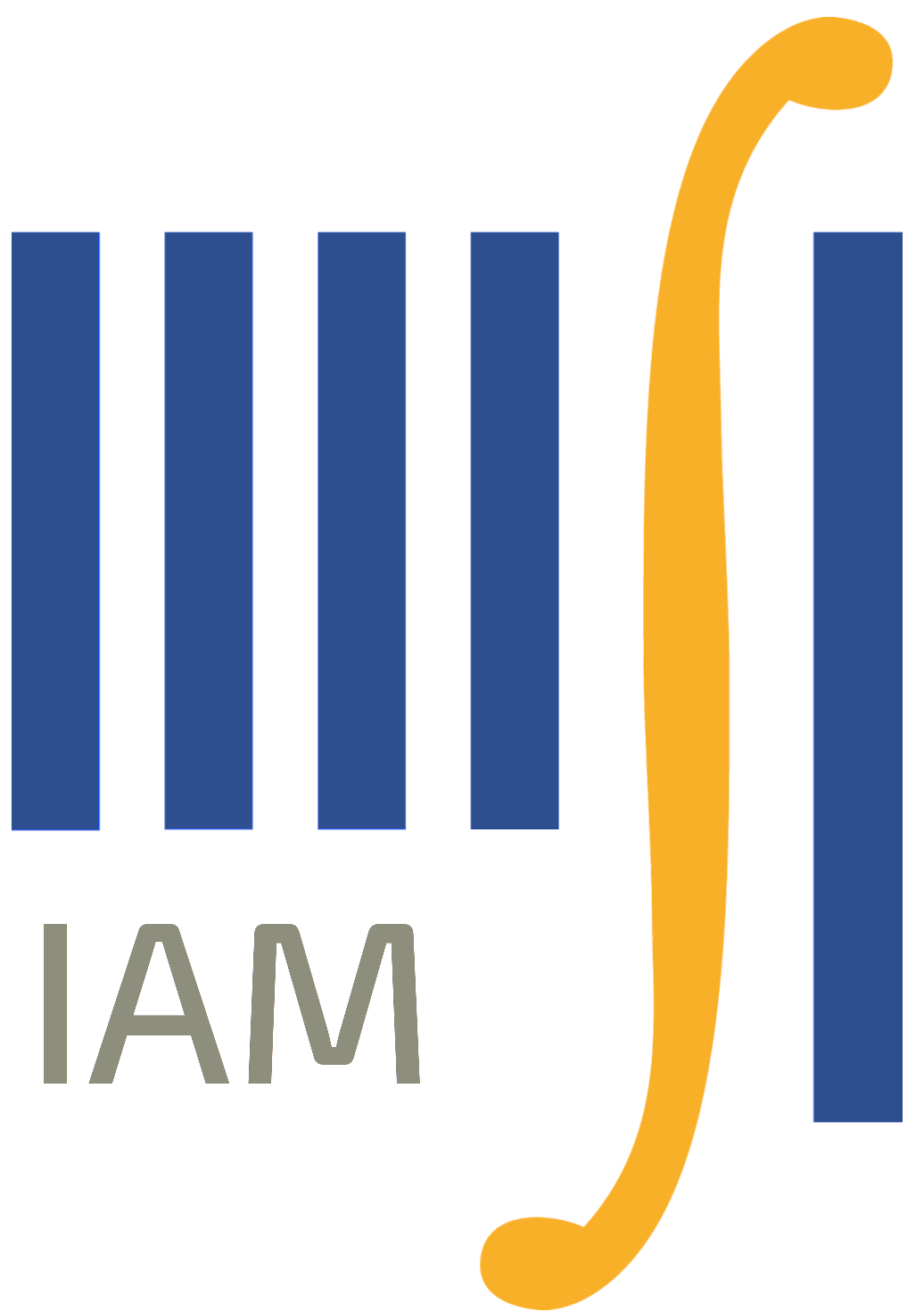Oberseminar Analysis Winter 2022/23
Organizers: S. Conti, H. Koch, S. Müller, B. Niethammer, M. Rumpf, C. Thiele, J.J.L. Velázquez, I. Cristian
Previous weeks:
- Thursday, November 03 at 14:15 in Lipschitz Saal
Prof. Dr. Phan Thành Nam (LMU Munich) Correlation energy of the electron gas in the mean-field regime
Download iCal file (.ics) Further Information
- Thursday, November 10 at 14:15 in SemR 1.008
Corentin Le Bihan (ENS de Lyon) Dynamical correlation of the Gibbs measure of a gas in low density scaling
Download iCal file (.ics) Further Information
- Thursday, November 17 at 14:15 in Lipschitz Saal
Prof. Dr. Vesa Julin (University of Jyväskylä) Consistency of the flat flow solution to the volume preserving mean curvature flow
Download iCal file (.ics) Further Information
- Thursday, November 24 at 14:15 in Lipschitz Saal
Lucas Ertzbischoff (École polytechnique) Local well-posedness for thick spray equations
Download iCal file (.ics) Further Information
- Thursday, December 08 at 14:15 in Lipschitz Saal
Dr. Jinyeop Lee (LMU Munich) Uniform in Time Convergence to Bose-Einstein Condensation for a Weakly Interacting Bose Gas with an External Potential
Download iCal file (.ics) Further Information
- Thursday, December 15 at 14:15 in Lipschitz Saal
Prof. Dr. Ulrich Menne (National Taiwan Normal University) Fine connectedness properties of varifolds
Download iCal file (.ics) Further Information
- Friday, January 13 at 14:15 in SemR 2.040
Prof. Dr. Niels Benedikter (University of Milan) Dynamics of Interacting Fermions beyond Hartree-Fock Theory
Download iCal file (.ics) Further Information
- Thursday, January 19 at 14:15 in Lipschitz Saal
Dr. Nicolas Clozeau (IST Austria) Artificial Boundary Conditions for Random Elliptic Systems with Correlated Coefficient Field
Download iCal file (.ics) Further Information
- Thursday, March 16 at 14:15 in Lipschitz Saal
Prof. Dr. Marta Lewicka (University of Pittsburgh) The Monge-Ampere system: flexibility in arbitrary dimension and codimension
Download iCal file (.ics) Further Information
Mailing List In order to receive e-mails about the Oberseminar, please subscribe to the mailing list.


